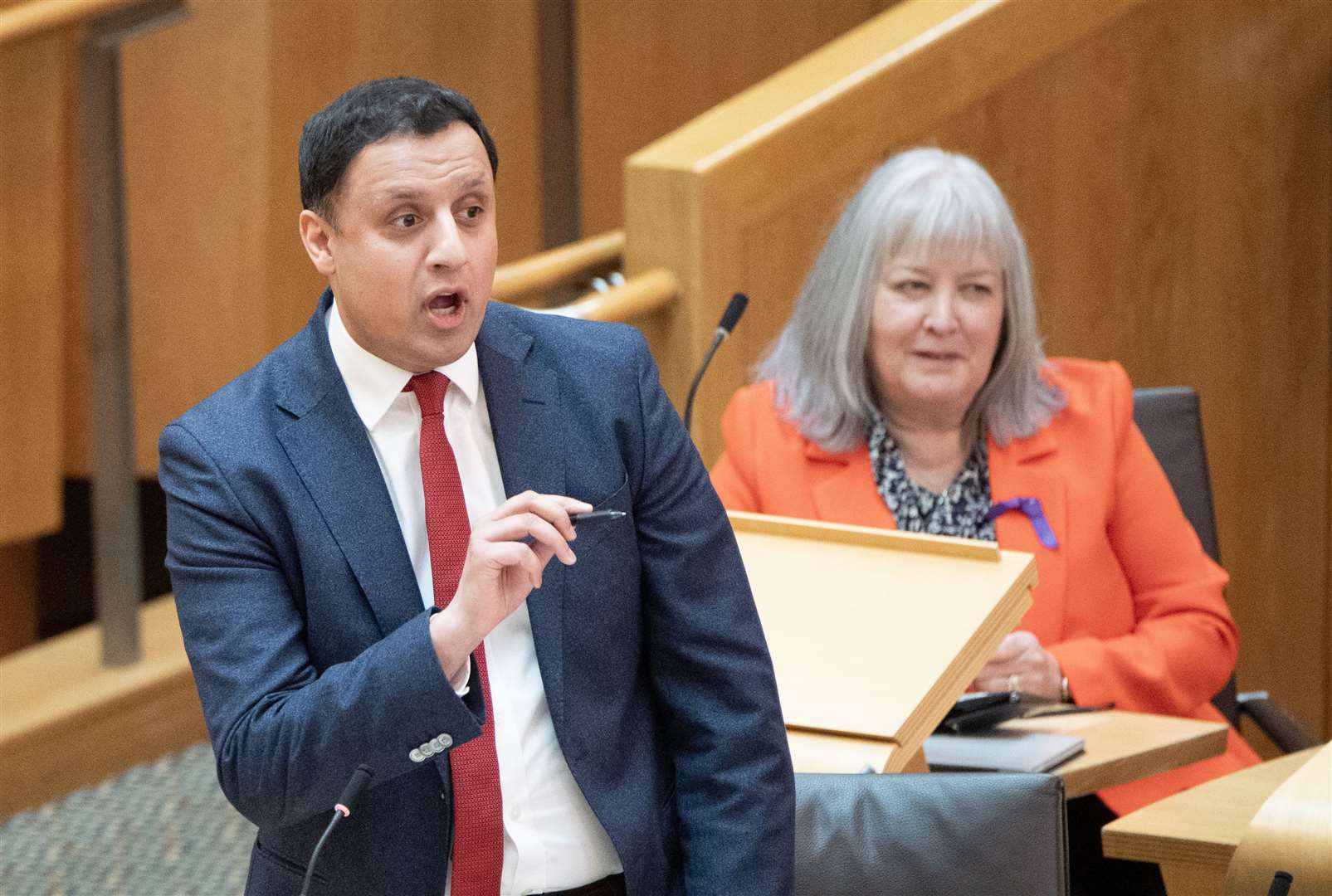The Scottish government is facing a critical vote of no confidence at Holyrood, where all ministers could be forced to step down if the vote succeeds. This motion was put forward by the Labour party after First Minister Humza Yousaf terminated the power-sharing agreement with the Greens last week, increasing pressure on him. Yousaf later announced his resignation, which led to the Greens calling for the no-confidence motion to be withdrawn.
Even though Yousaf has resigned, Scottish Labour leader Anas Sarwar insists on moving forward with the motion, questioning the SNP’s ability to govern effectively. The vote of no confidence from Labour and a separate one from the Tories were initiated last week amid the turmoil caused by Yousaf’s decision to end the power-sharing deal.
The Tories, having achieved their objective with Yousaf’s resignation, withdrew their motion. A no-confidence vote is essentially a formal decision-making process to assess whether government officials or leaders are deemed suitable to remain in office. If successful, all Scottish ministers would have to resign, and the parliament would have 28 days to appoint a new first minister. Failure to do so would trigger a snap election.
While the opposition parties are likely to support the motion, it would require the backing of seven Green MSPs to pass. However, the Greens are urging Sarwar to withdraw the motion, asserting that it has become irrelevant given recent developments and would only prolong political maneuvering.















































